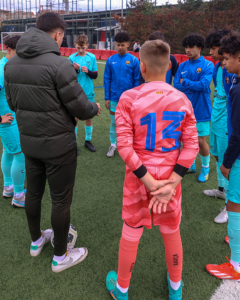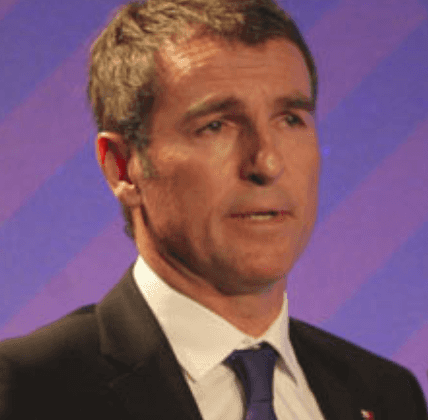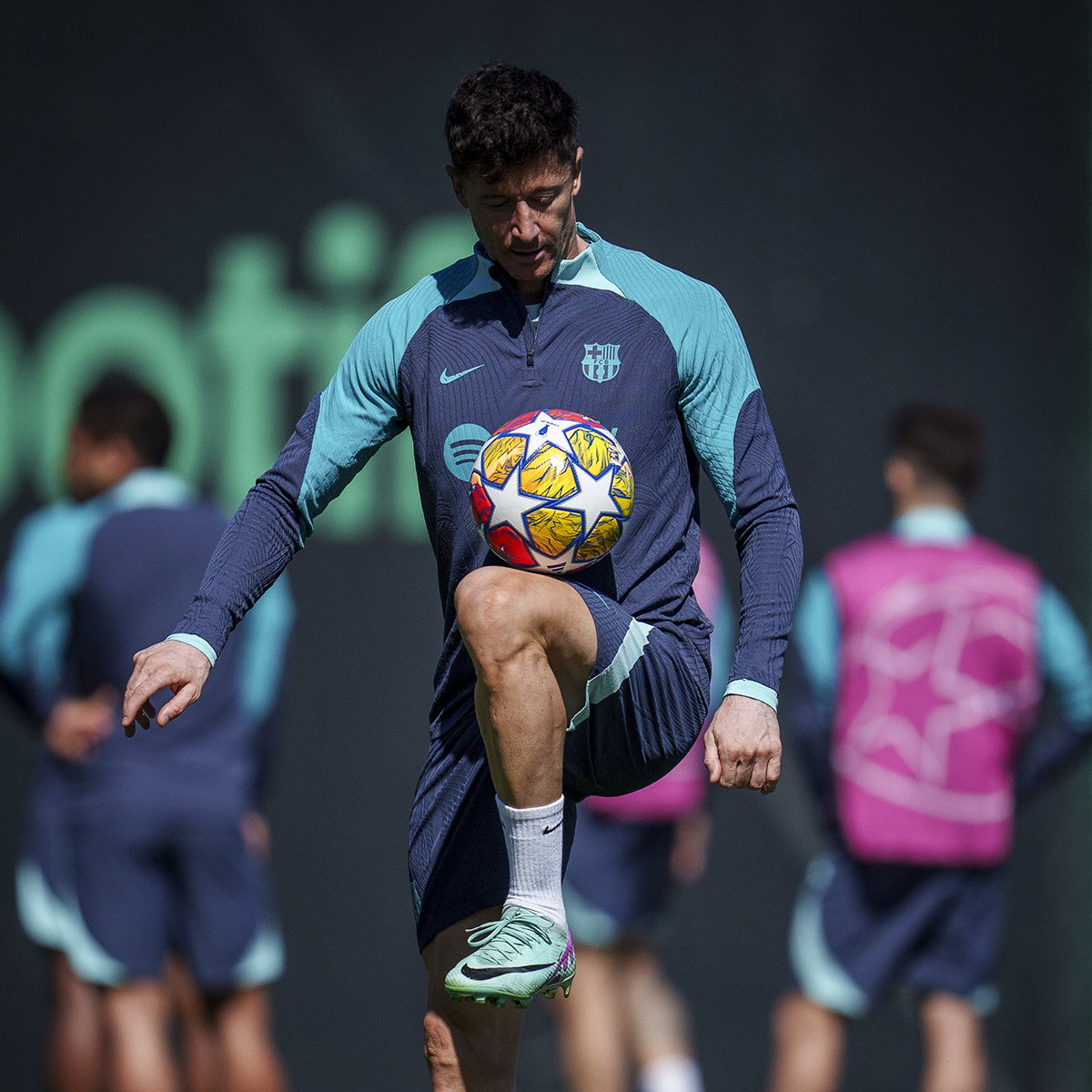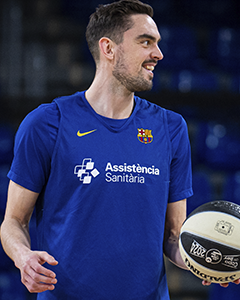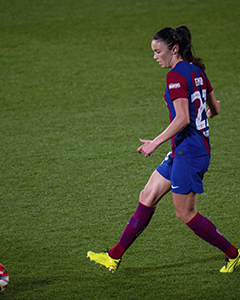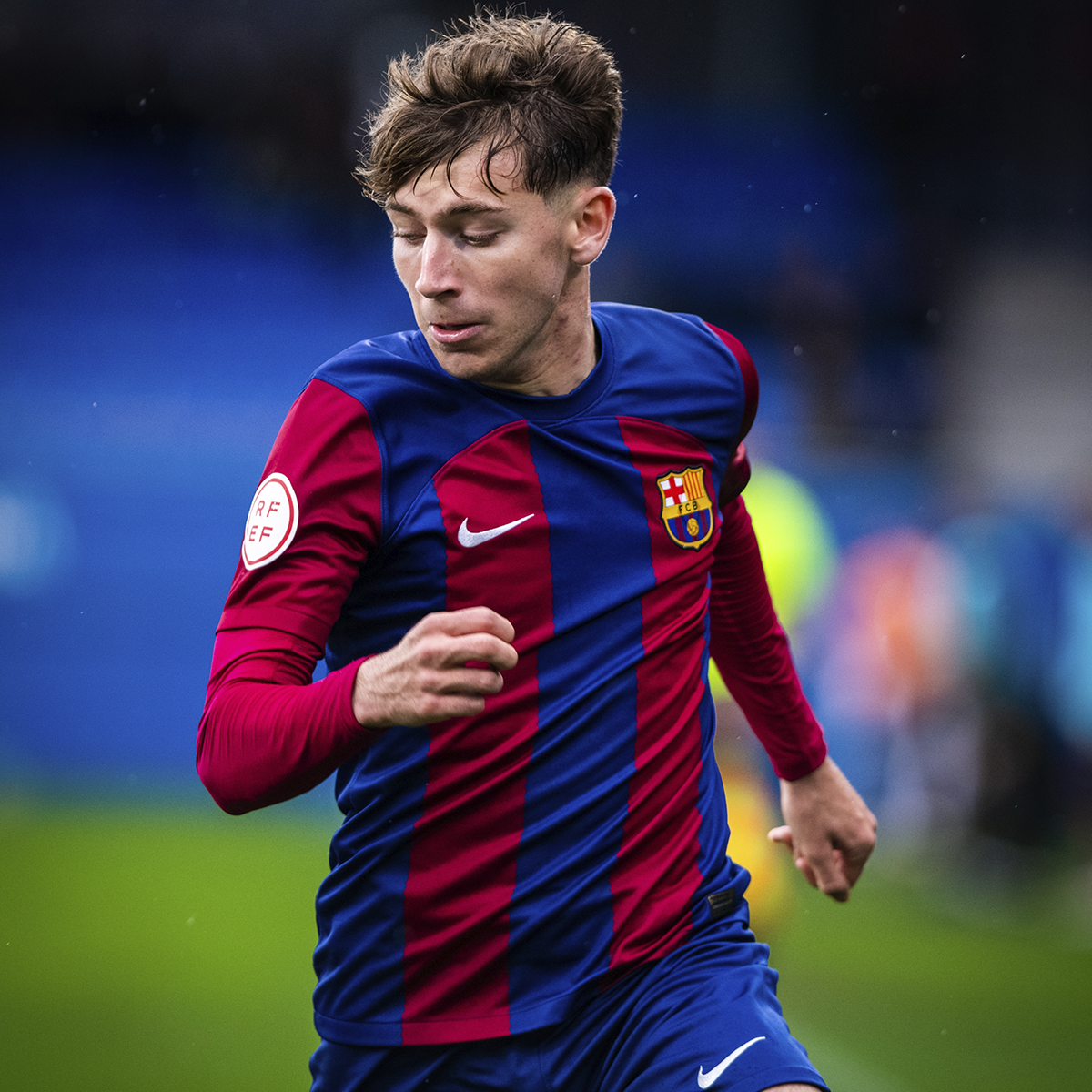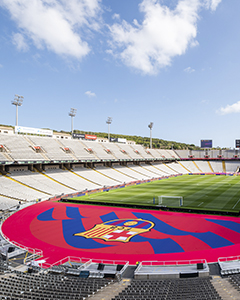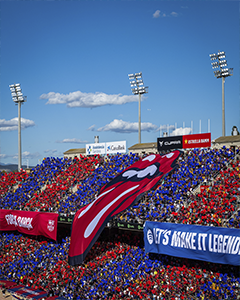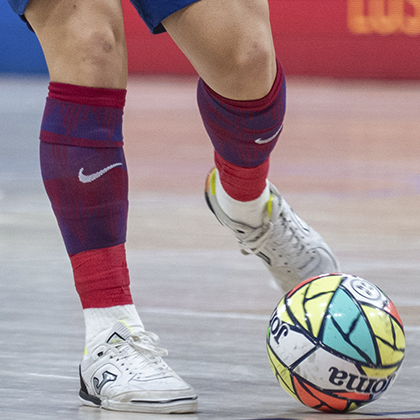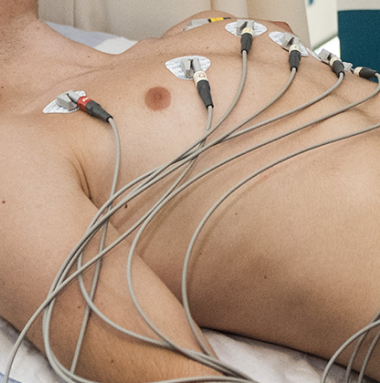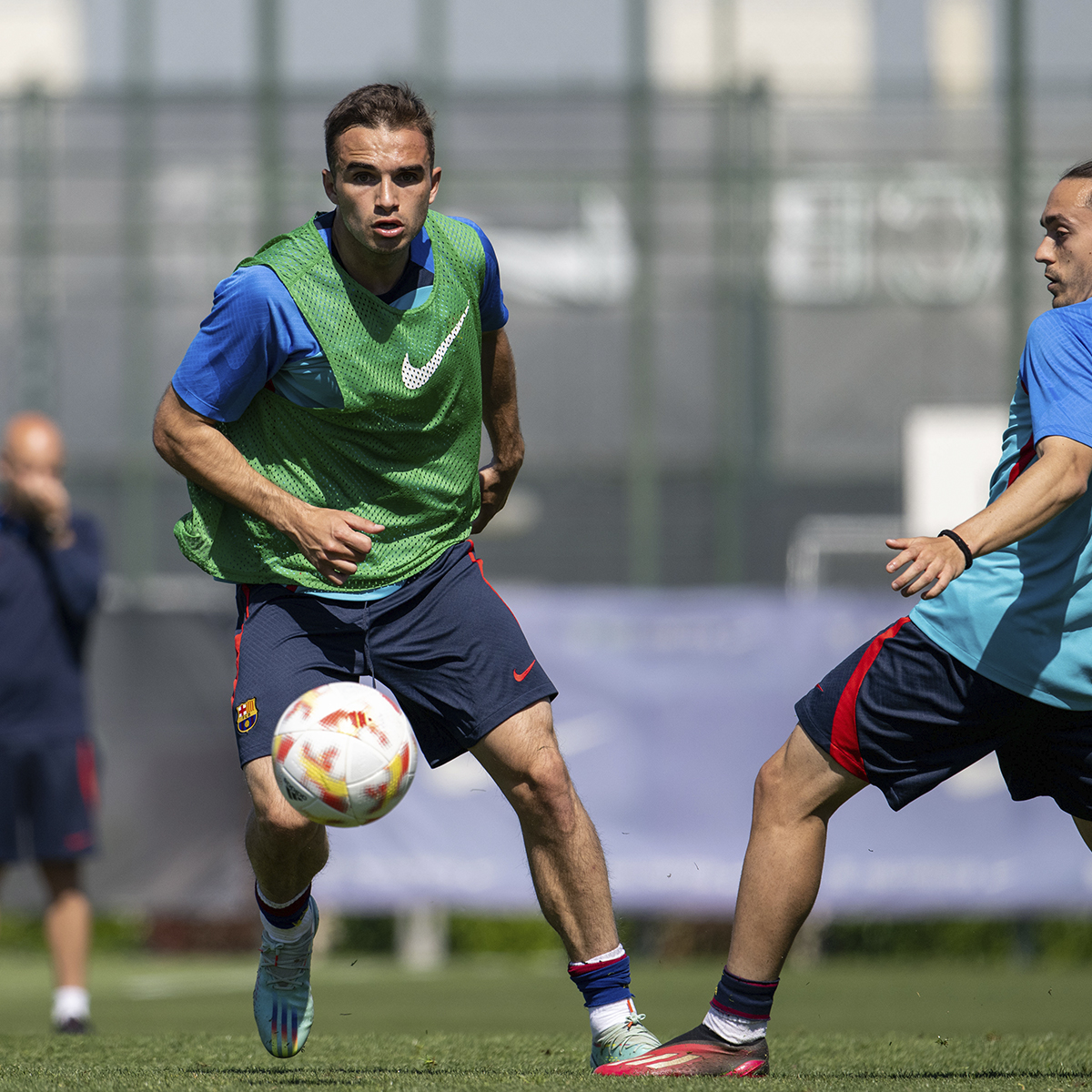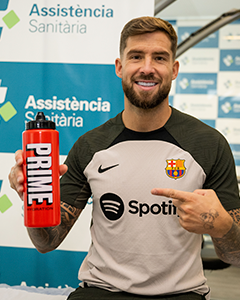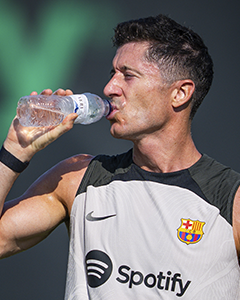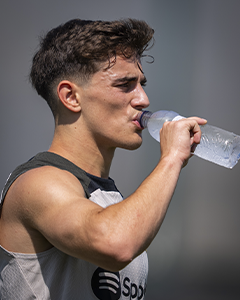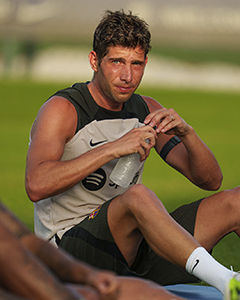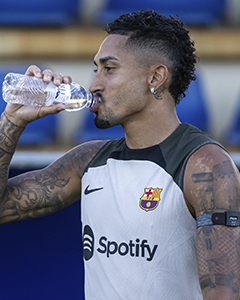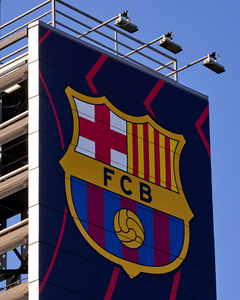Description
Sports cardiology is the field of knowledge that focuses on the detection of cardiovascular diseases that could potentially cause sudden death in athletes, and provides sports and medical counseling of athletes diagnosed with cardiovascular diseases. Over the last two decades, this subspecialty has exponentially grown, with five times more publications in that period. The increasing interest in this field of cardiology stems from several factors:
1) High training volumes have been associated with the development of atrial fibrillation and pathological remodeling of the right ventricle in genetically predisposed athletes. Understanding the factors that contribute to the development of this pathological remodeling of the atria and/or ventricles is essential for preventing -or at least slowing down- its occurrence.
2) Exercise-induced structural and electrical remodeling can simulate characteristics of heart diseases in which high-intensity exercise can cause sudden death. Over the past two decades, there has been growing development in cardiac imaging techniques, which has provided new tools in the field of sports cardiology for differential diagnosis between an athlete’s heart and a cardiomyopathy. Furthermore, the rapid evolution of technology currently allows us to monitor the heart rate and even assess electrocardiograms during sports activities, greatly improving our ability to diagnose and manage arrhythmias in elite and recreational athletes.
3) Physical training provides countless benefits to cardiovascular health in both healthy individuals and patients with cardiovascular pathology. The prescription of physical exercise in appropriate quantities allows for obtaining cardiovascular benefits associated with physical training while safeguarding the health of patients with cardiopathies.
Being clear about the “dose” of physical exercise has medical, social, and political implications, which is why this is a priority in international policies. Moreover, the economic implications are numerous, from cost reduction in cardiovascular healthcare resulting from physical exercise to the growing investment in technology associated with this field of cardiology. Regarding the existing training options, we are not aware of any certification in sports cardiology that matches the characteristics we are discussing. Annually, national and international scientific societies organize courses focused on sports cardiology that last 1 or 2 days. Additionally, different expert centers in sports cardiology offer a one-year clinical and research training program to become a sports cardiologist. The number of available positions is typically one or two people depending on the center, and the theoretical content is indirect (derived from daily clinical practice with athletes).
The European Society of Cardiology is currently developing an international examination to certify sports cardiologists internationally. This examination will be accompanied by a training program for preparation. The exam will be available in April/May 2023, but the training program is still under development. Although this certification will not be officially associated with the European Society of Cardiology, it could serve as a basis for preparing for the examination, especially for Spanish-speaking professionals.








